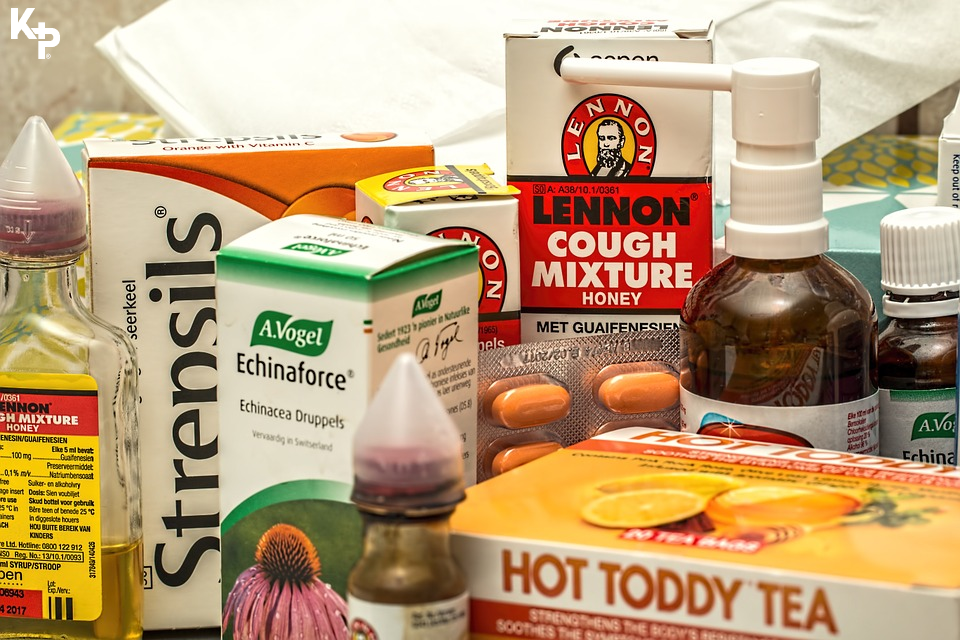Have you had your flu jab yet?
Tuesday, October 16th, 2018 | Blog
This year’s winter flu campaign kicked off in early October and focuses on encouraging more people to get their flu jab. 2017 was a particularly bad year for flu as It was reported that three times more people died from the illness last winter than the previous year (Guardian).
The flu vaccination is recommended for all frontline healthcare staff, including carers working in residential and nursing homes. This is so the healthcare workforce remains as healthy as possible and to protect patients against the virus. You can still carry the flu virus yet not show any symptoms and pass it onto patients without knowing. The best time to get vaccinated is from the beginning of October to the end of November, but you can get the flu jab right up until the end of March.
Although the flu can be caught by anyone, particular groups of people are at more vulnerable than others, specifically the elderly, young children and pregnant women. If you are working with these groups of people, it is important to get the flu jab as some people are more likely to develop pneumonia or bronchitis as a result of having the flu.
Myths about getting the flu jab
There are a number of benefits of getting vaccinated against the flu, yet some people are still put off having the flu jab. Below, we outline some of the common misconceptions.
- The flu jab gives you the flu – the flu vaccine does help to prevent you from getting the flu, as the vaccine contains inactivated flu viruses so it won’t give you that type of flu directly. However, it won’t stop all flu viruses so the level of protection can vary. If you do get the flu following the vaccine, it is normally milder than it would have been.
- You can only get the vaccine from your GP – going to the GP is probably the most obvious place to get vaccinated, however you can also get the flu jab from local pharmacies, and some supermarkets are now providing the service.
- There’s no point getting the flu jab if you’ve already had the flu this winter – it is possible to get the flu more than once in a flu season, so it is worth getting vaccinated even if you have been unfortunate enough to already have it.
- Antibiotics will treat the flu – as the flu is a virus, antibiotics won’t treat it. Antibiotics only treat bacterial infections, but you may be prescribed antiviral medication to help treat the symptoms of flu.
- One vaccine covers you for the rest of your life – the flu vaccine is not like other vaccines where you only need one. As flu is a continuously changing virus, you’ll need to get a vaccine each flu season.
Symptoms of the flu
Although the flu jab is a good form of protection, it is important to recognise the symptoms of the flu so you can treat it quickly and stop it spreading.
- A dry cough
- A sore throat
- A high temperature between 38°C to 40°C
- Chills
- Feeling lethargic
- A headache
- Aching muscles
- Loss of appetite
If you would like to find out more about why you should have your flu jab this winter, take a look at 6 reasons why healthcare professionals should utilise their free flu jab blog.














